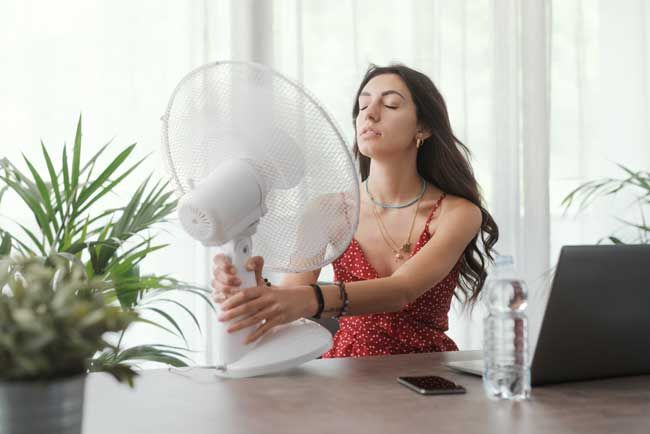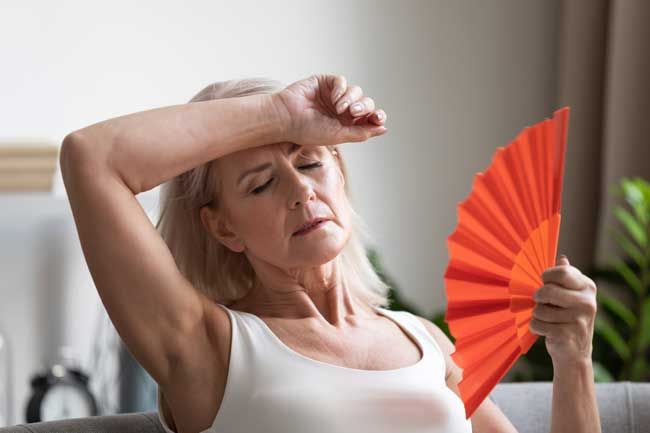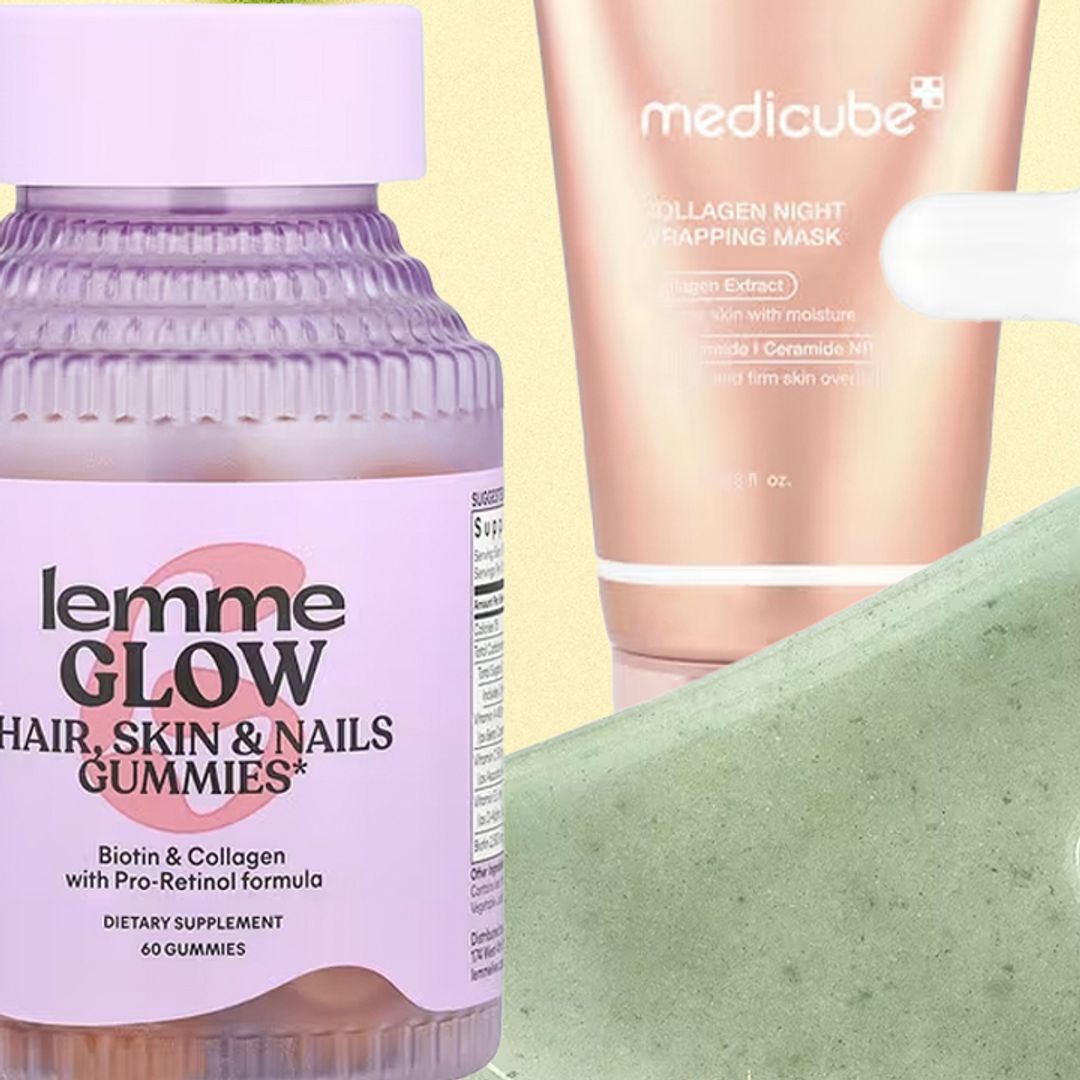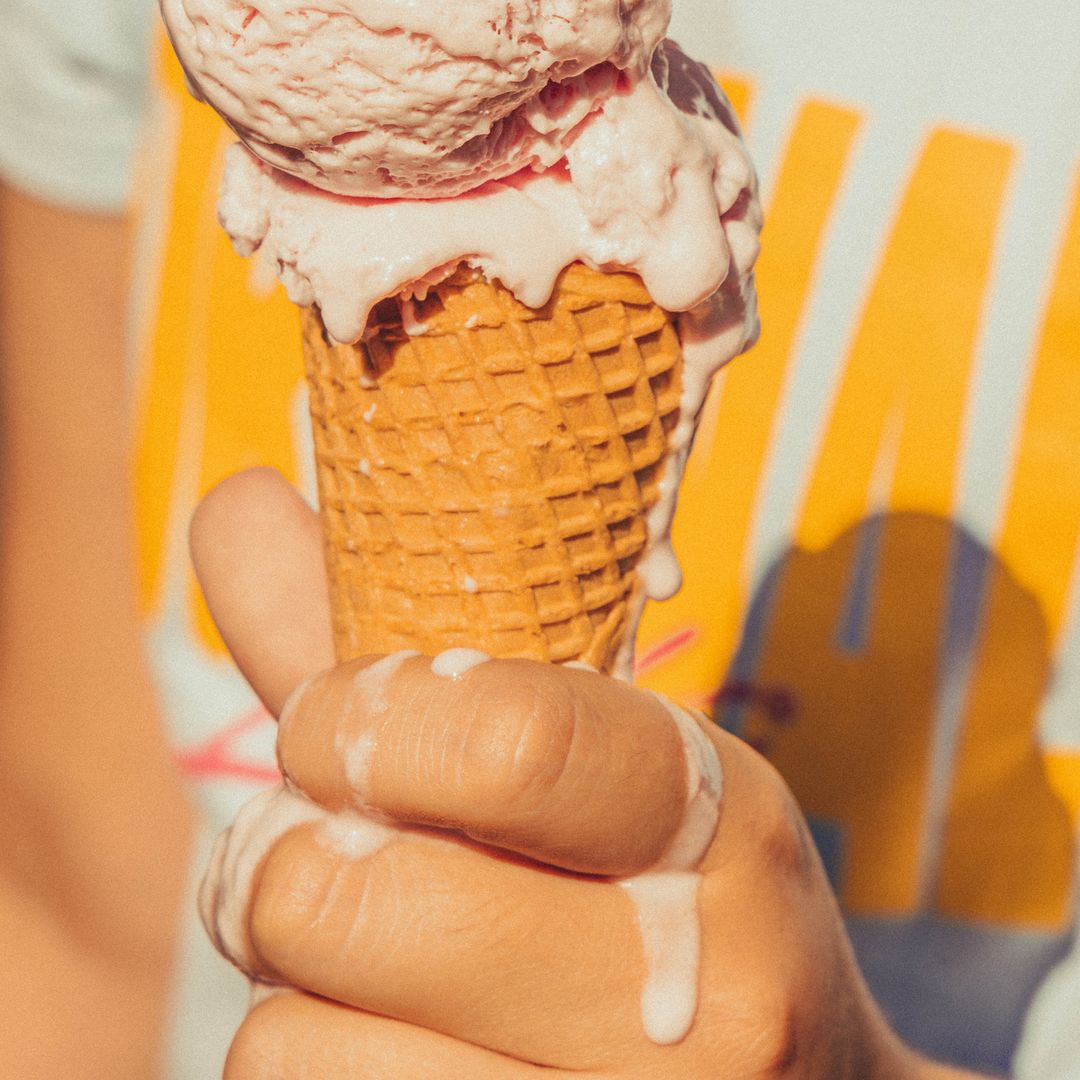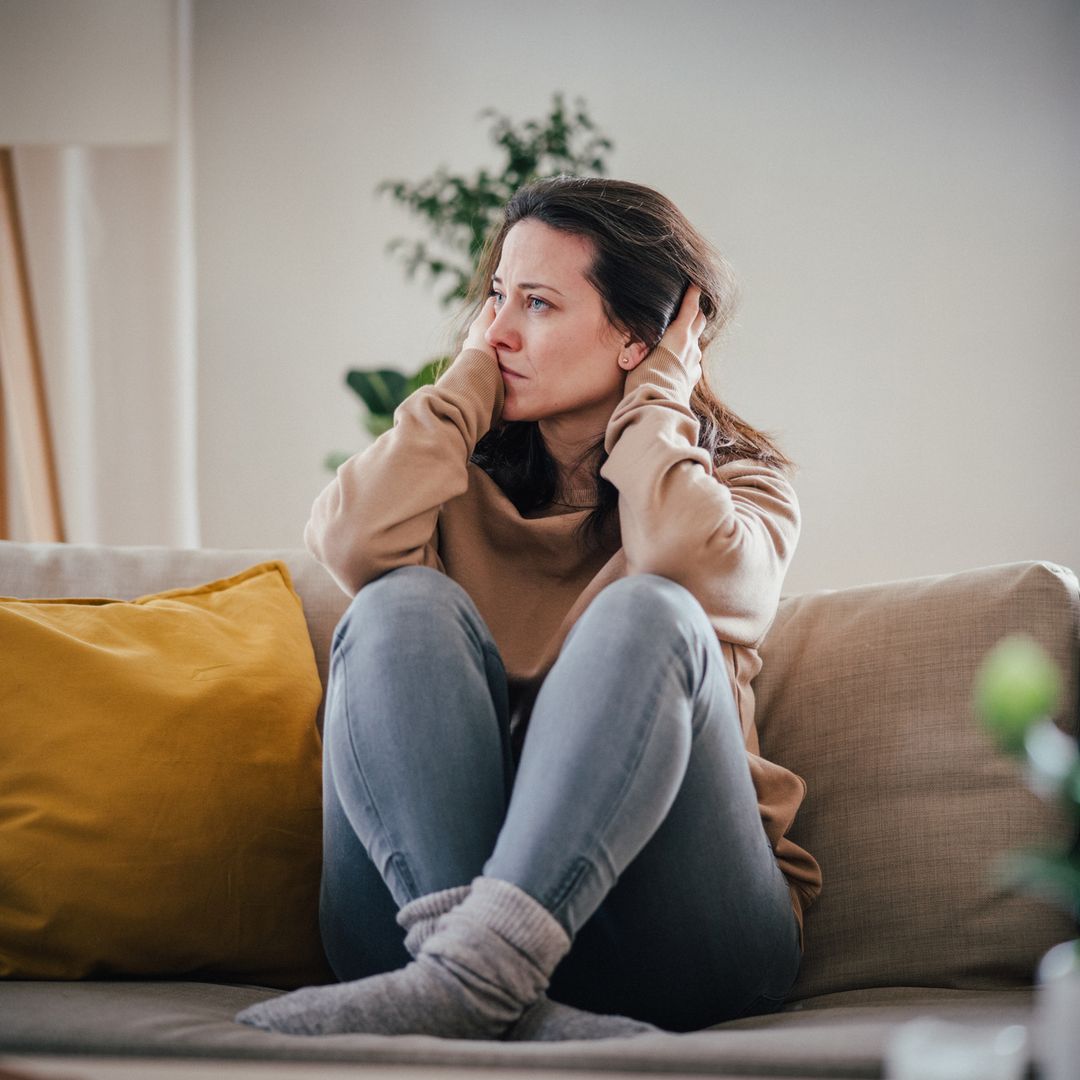While glorious sunny weather can have a positive impact on our mood (and vitamin D levels!), extreme heat, as we're experiencing in the UK this week, can pose a threat to our immediate health with a high risk of heatstroke.
READ: How to spot the signs of heatstroke in babies and toddlers
"A rapid rise in heat gain, due to exposure to extreme heat, can lead to compromised temperature regulation by the body," explains Dr. Raj Arora of The Face Bible Clinic. "This can result in a multitude of illnesses and can impact our immediate health. As a result, heat cramps, heat exhaustion, heatstroke and hyperthermia are all common and can be detrimental to one’s health."
SEE: How to handle the heat
Heatstroke symptoms
Heatstroke normally begins as heat exhaustion but can escalate quickly if you don't cool down.
RELATED: 18 ways to keep your dog cool this summer
SEE: The genius ice cube makers you’ve seen all over TikTok
According to the NHS, heat exhaustion symptoms include:
- a headache
- dizziness and confusion
- loss of appetite and feeling sick
- excessive sweating and pale, clammy skin
- cramps in the arms, legs and stomach
- fast breathing or pulse
- a high temperature of 38C or above
- being very thirsty
Heat exhaustion can turn into heatstroke
Heatstroke is more serious, with symptoms including:
- fast breathing or shortness of breath
- fit (seizure)
- loss of consciousness
- not responsive
- feeling unwell after 30 minutes of resting in a cool place and drinking plenty of water
- not sweating even while feeling too hot
- a high temperature of 40C or above
- feeling confused
If someone is showing signs of heatstroke, the NHS advises ringing 111, or 999 in serious cases.
RELATED: 27 amazing things from Amazon that you need for a heatwave
How long does heat exhaustion last?
The NHS says it shouldn't last longer than 30 minutes, and suggests moving to a cool place if you see signs of heat exhaustion, as well as drinking plenty of water, spraying yourself with cold water, and slightly elevating your feet.
Try to cool off if you're suffering from heat exhaustion
If this doesn't help after 30 minutes, it's advisable to ring 111, or 999 in the event of loss of consciousness.
Collapsing in the heat
Fainting in the heat, or feeling dizzy, is known as heat syncope and is a result of reduced blood flow to the brain.
"Our blood vessels dilate in hot weather as the body attempts to regulate temperature through sweating and cooling us down," explains Dr. Arora. "This can result in blood pooling in the legs, leading to a sudden drop in blood pressure and a feeling of lightheadedness or fainting episodes.
WATCH: How to keep cool in the heat
What causes us to collapse in the heat?
"A person's risk of developing heat syncope increases when they have not adjusted to a hot environment," says Dr. Arora. "Being dehydrated may also increase the risk for heat syncope."
The good news is, recovery is rapid after the person lies down in a cool environment.
MORE: The best cooling bedsheets, pillows & mattress toppers you'll love if you're too hot at night
Who is most at risk from collapsing in the heat?
"Those suffering with low blood pressure, the elderly and those with a chronic underlying metabolic or cardiovascular health condition may be more at risk of collapsing in the heat," says Dr. Arora.
Collapsing can happen after exposure to extreme heat
"Babies, Children and pregnant women may also be at higher risk. The body may also struggle to regulate and keep up a normal blood pressure in those with co-morbidities making them more prone to heat syncope."
How to treat heatstroke
The best advice is to avoid the heat in the first place, as Dr. Arora explains. "Keep cool, avoid vigorous physical activity in hot weather, and drink plenty of water and other non-alcoholic fluids.
"Never leave children, older people or pets unattended in a car. Check in on family or friends who are vulnerable or elderly to ensure they are coping with the extreme heat. And of course for skin - keep topped up with a broad spectrum spf50+ sunscreen (reapply at least every two hours) and wear a hat!"
Like this story? Sign up to our HELLO! newsletters to get other stories like this delivered straight to your inbox.

